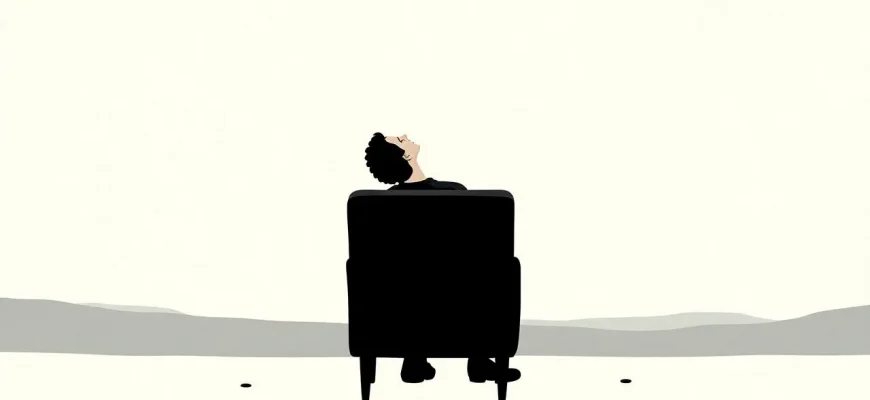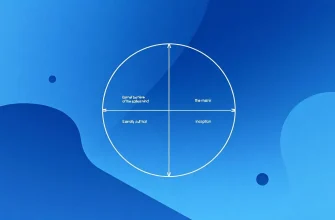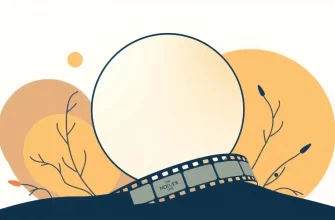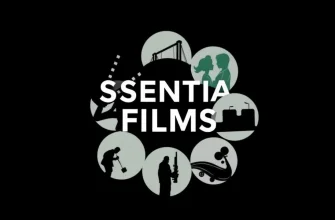This curated collection of films delves into the profound themes of existentialism and existential psychology, offering viewers a chance to explore the human condition, the search for meaning, and the complexities of existence. Each film in this list not only entertains but also invites introspection, making it invaluable for those interested in philosophical cinema.
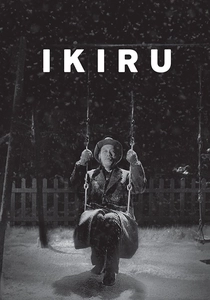
Ikiru (1952)
Description: Akira Kurosawa's poignant tale of a bureaucrat who, upon learning he has terminal cancer, seeks to find purpose in his remaining days, exploring themes of existential dread and the value of life.
Fact: The film's title, "Ikiru," means "to live" in Japanese, reflecting the protagonist's journey to truly live before he dies.
 Watch Now
Watch Now
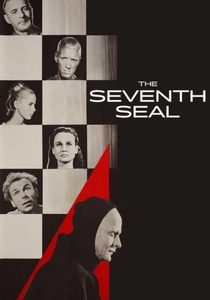
The Seventh Seal (1957)
Description: This Ingmar Bergman classic follows a knight playing chess with Death to postpone his demise, symbolizing the human struggle with mortality and the search for meaning in life.
Fact: The film's iconic chess scene has been referenced in numerous works of art and media. Bergman was inspired by a medieval painting depicting Death playing chess.
 Watch Now
Watch Now
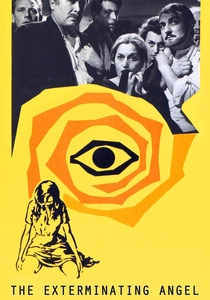
The Exterminating Angel (1962)
Description: Luis Buñuel's surrealist film where dinner guests find themselves inexplicably unable to leave a room, symbolizing the human condition and the absurdity of social conventions.
Fact: The film was initially banned in Spain due to its perceived criticism of the Franco regime.
 Watch Now
Watch Now
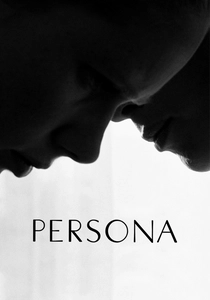
Persona (1966)
Description: Another Bergman film, where an actress suddenly stops speaking and is cared for by a nurse, leading to an exploration of identity, communication, and the self.
Fact: Bergman wrote the script in just three weeks, inspired by his own psychological state at the time.
 Watch Now
Watch Now
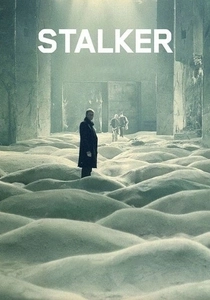
Stalker (1979)
Description: Andrei Tarkovsky's masterpiece where a guide leads two men into a mysterious zone where one's deepest desires can be fulfilled, raising questions about human desires and the essence of existence.
Fact: The film was shot in Estonia, and the Zone was inspired by the Chernobyl Exclusion Zone.
 Watch Now
Watch Now
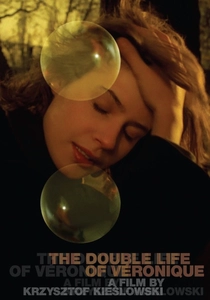
The Double Life of Veronique (1991)
Description: Krzysztof Kieślowski's film about two identical women living in different countries, exploring themes of identity, fate, and the interconnectedness of human lives.
Fact: The film uses mirrors and reflections to symbolize the duality of the characters' lives.
 Watch Now
Watch Now
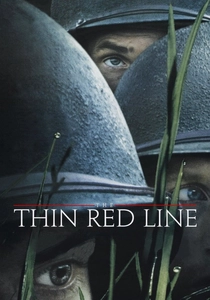
The Thin Red Line (1998)
Description: Malick's war epic that delves into the existential questions soldiers face during the Battle of Guadalcanal, focusing on the search for meaning amidst chaos.
Fact: The film was originally much longer, with a cut of over five hours, before being edited down for release.
 Watch Now
Watch Now
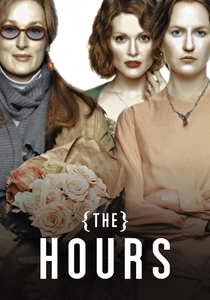
The Hours (2002)
Description: This film intertwines the lives of three women across different time periods, each connected by Virginia Woolf's novel "Mrs. Dalloway," exploring themes of suicide, identity, and the passage of time.
Fact: Nicole Kidman won an Oscar for her portrayal of Virginia Woolf, despite the film's focus on multiple characters.
 Watch Now
Watch Now
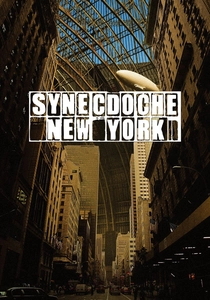
Synecdoche, New York (2008)
Description: Charlie Kaufman's directorial debut about a theater director who creates a life-size replica of New York inside a warehouse, blurring the lines between reality and art, and exploring existential themes.
Fact: The film's title refers to the literary device synecdoche, where a part represents the whole, mirroring the film's themes of identity and existence.
 Watch Now
Watch Now
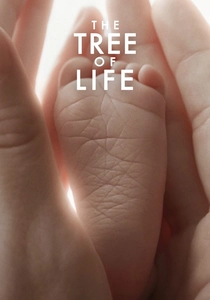
The Tree of Life (2011)
Description: Terrence Malick's exploration of life, death, and the universe through the eyes of a family, questioning the purpose of existence and the nature of time.
Fact: The film includes a 17-minute sequence depicting the creation of the universe, which was created using CGI.
 Watch Now
Watch Now

